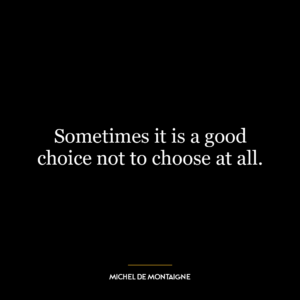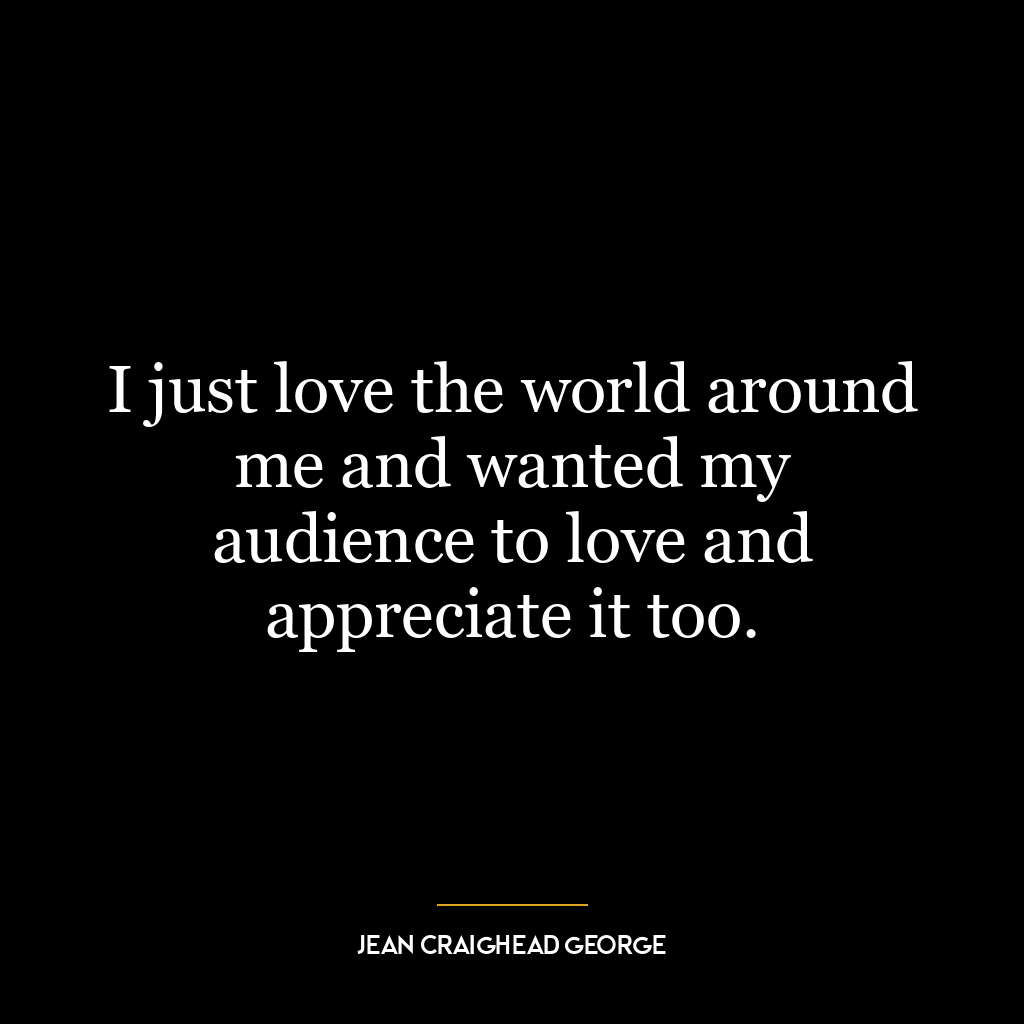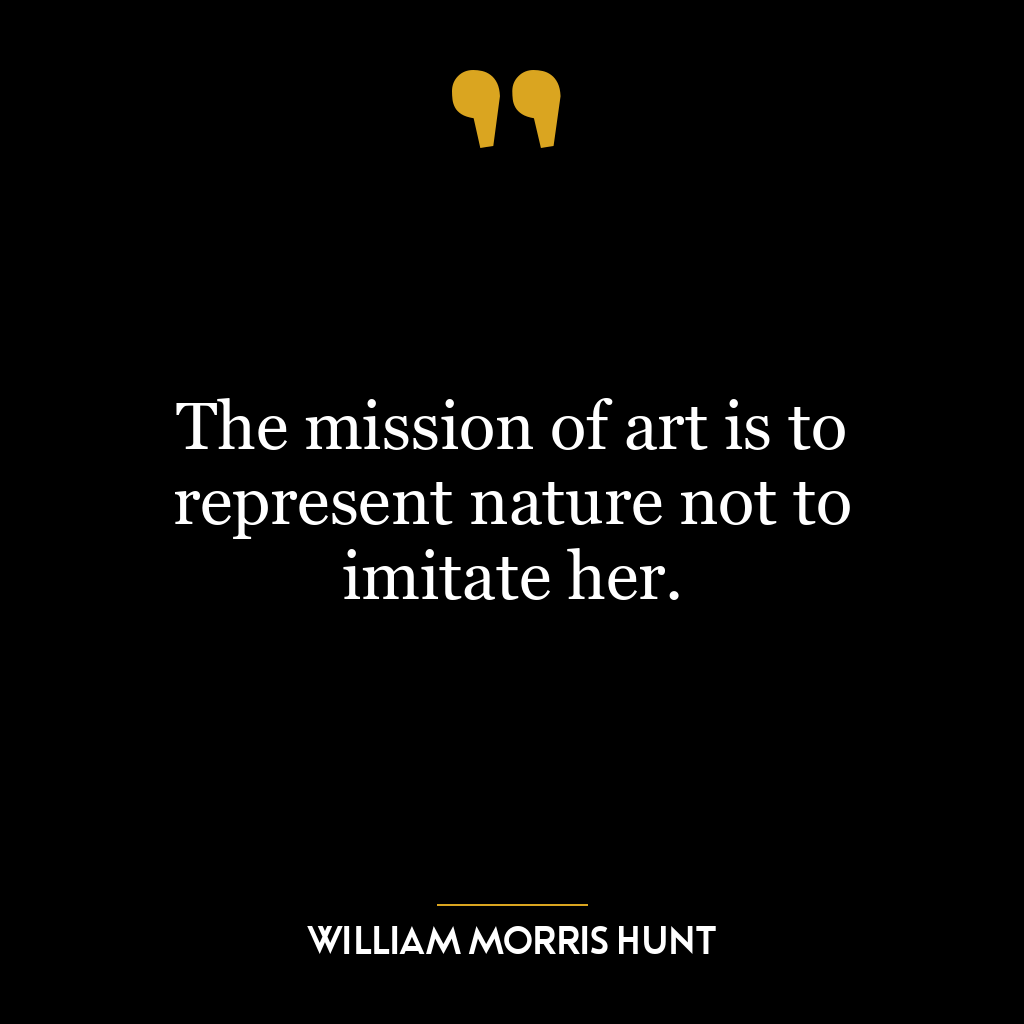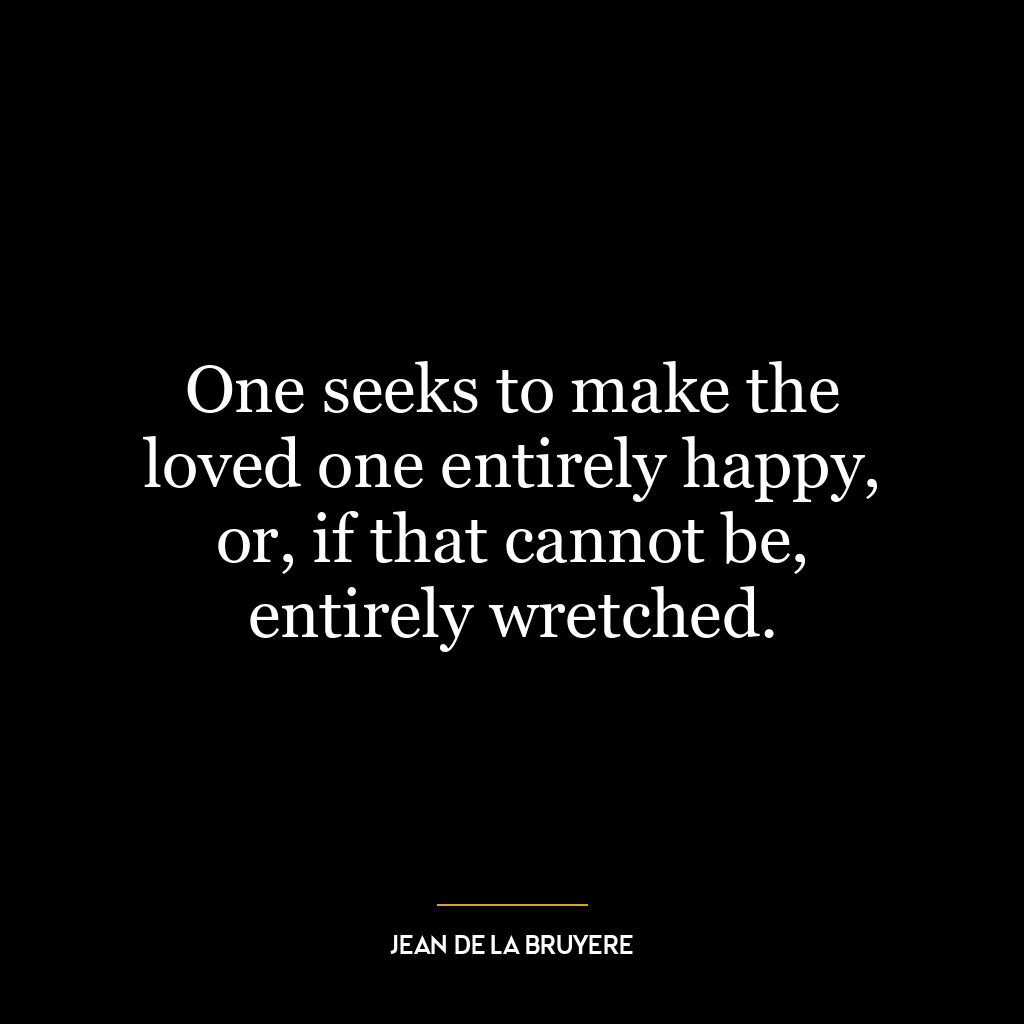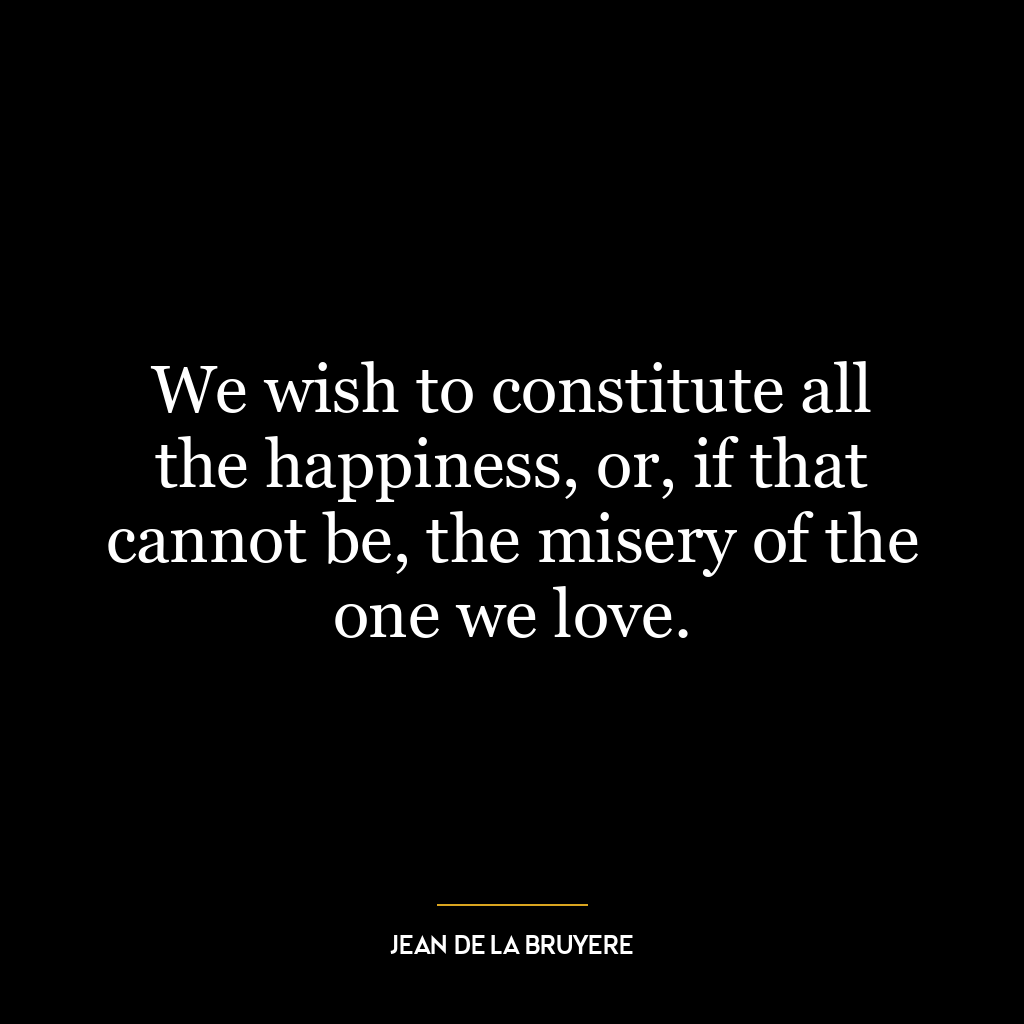This quote suggests that the natural course of life is often filled with difficulties and challenges, which in itself is a cause for misery. However, Montaigne adds an additional layer by stating that nature has also made this age “ridiculous,” implying that there’s an element of absurdity or irrationality in the way we live our lives.
The idea of life being miserable refers to the inherent struggles and hardships we all face – from personal loss and illness to societal issues like poverty or injustice. The notion of ridiculousness could be interpreted as our often misguided responses to these challenges: our tendency to prioritize trivial matters over significant ones, our obsession with material wealth at the expense of emotional well-being, or even our inclination towards self-destruction despite knowing better.
Applying this concept today, one might consider how modern society has amplified both misery and ridiculousness. For instance, while technology has improved many aspects of life, it’s also led to new forms of stress (like social media induced anxiety) and absurdities (like online trolling). We are living longer but are plagued with chronic diseases due to lifestyle choices; we have more access to information than ever before but struggle with misinformation and fake news.
In terms of personal development, this quote can serve as a reminder about what truly matters in life. It encourages us not only to navigate through inevitable miseries wisely but also not fall prey to the ‘ridiculousness’ around us – whether it be societal pressures or distractions that veer us away from authenticity. It’s about recognizing what’s worth struggling for without losing ourselves in frivolous pursuits. This balance can lead towards meaningful growth rather than just adding layers upon layers of unnecessary complexities which make existence both miserable and ridiculous at once.




